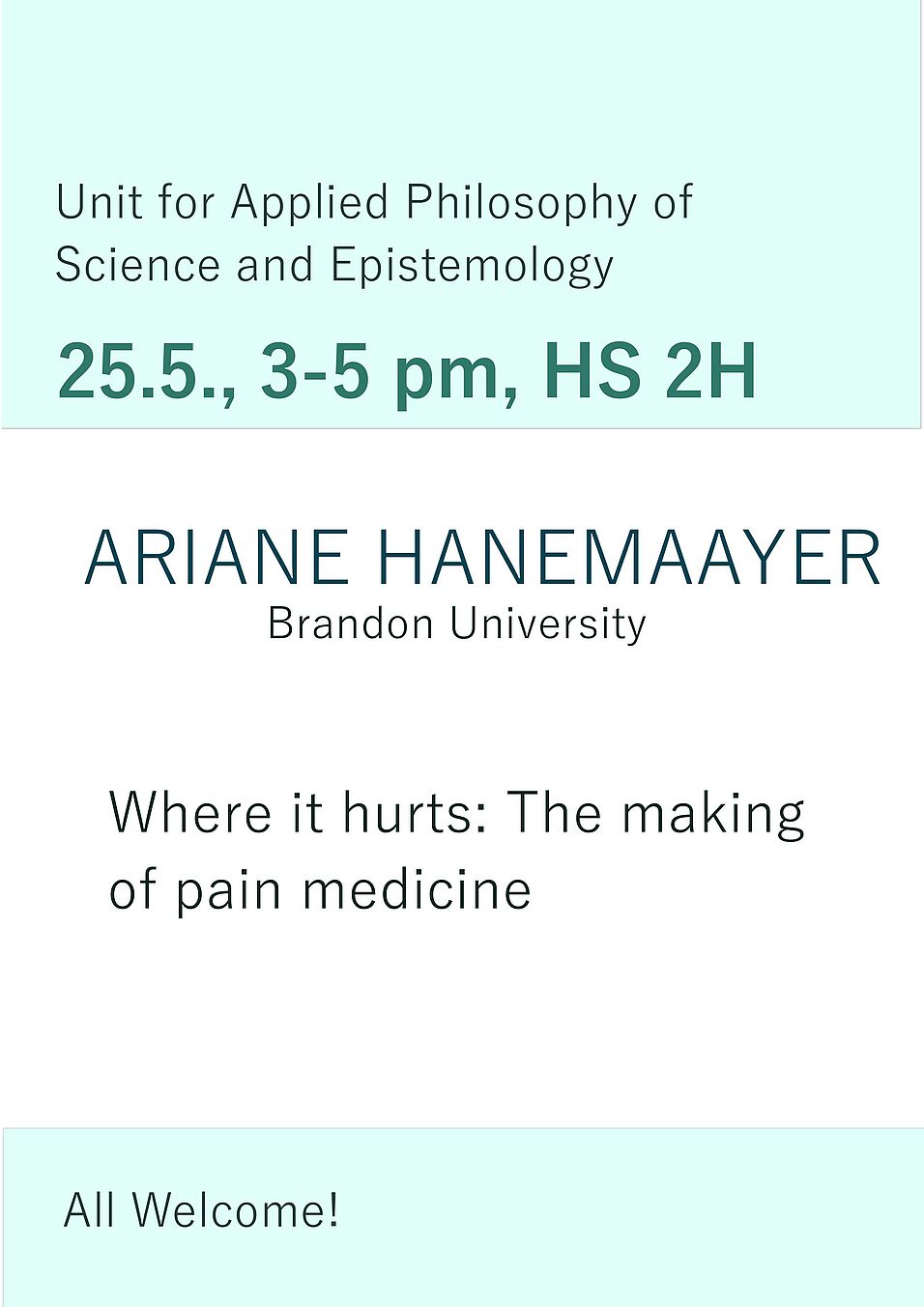What makes pain problematic? The nature of pain is contested, and over the 20th century, researchers from biomedical fields as diverse as surgery, anesthesiology, physiology, and neurology have sought to develop a unified theory to represent its causes and effects. In the clinic, the status of pain is subjective. Over the last century, many efforts have been made to raise awareness of the under-examined aspects of pain and to objectify it through the standardization of its measurement. There remains, however, a gap between the knowledge of and intervention on pain that has troubled the evidence-based medicine paradigm. In this presentation I explain the nature of this gap as a result of particular discursive and institutional relations. In particular, I focus on the rise of clinical pain measurement scales alongside the professionalization of the subspecialty of pain medicine. Drawing on material from a broader genealogical project on the biomedical sciences of pain, I argue that the techniques of pain management were developed in relation to a particular shift in the notion of clinical judgment within the medical discourse. I will situate this knowledge development within the broader societal and institutional events that rendered pain problematic, focusing on the establishment of the first pain clinic in the USA and the International Society for the Study of Pain.

